
The Datem del Marañón Province is home to one of the most important wetlands in Peru and the world, which represent a valuable ecosystem for climate change mitigation because it conserves a carbon stock of 6,948 million tCO2eq. Moreover, it is in the third most extensive tropical peatland, the Pastaza – Marañón basin, placed just after Central Kalimantan, in Indonesia, and Cuvette Centrale, in the Republic of the Congo.
In recent years, they have been increasingly threatened by deforestation, illegal logging, expansion of the agricultural frontier and inadequate extraction of aguaje fruits. The Datem Wetlands Project seeks to build sustainable development alternatives with the indigenous communities, leaders and authorities of the area, in order to face the threats of the illegal and informal economic activities.

Improve the resilience of indigenous communities living in the Datem del Marañón province, improve their livelihoods and reduce greenhouse gas emissions caused by deforestation.
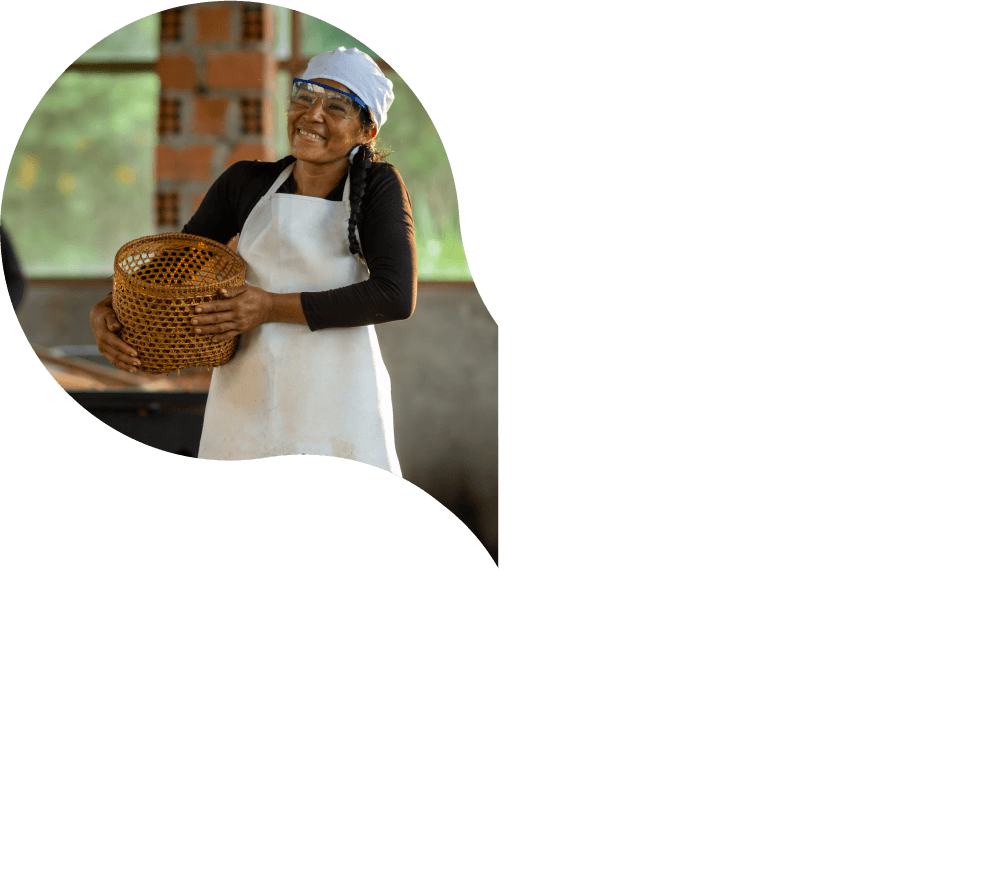

To protect and strengthen resilience capacity of ecosystems.
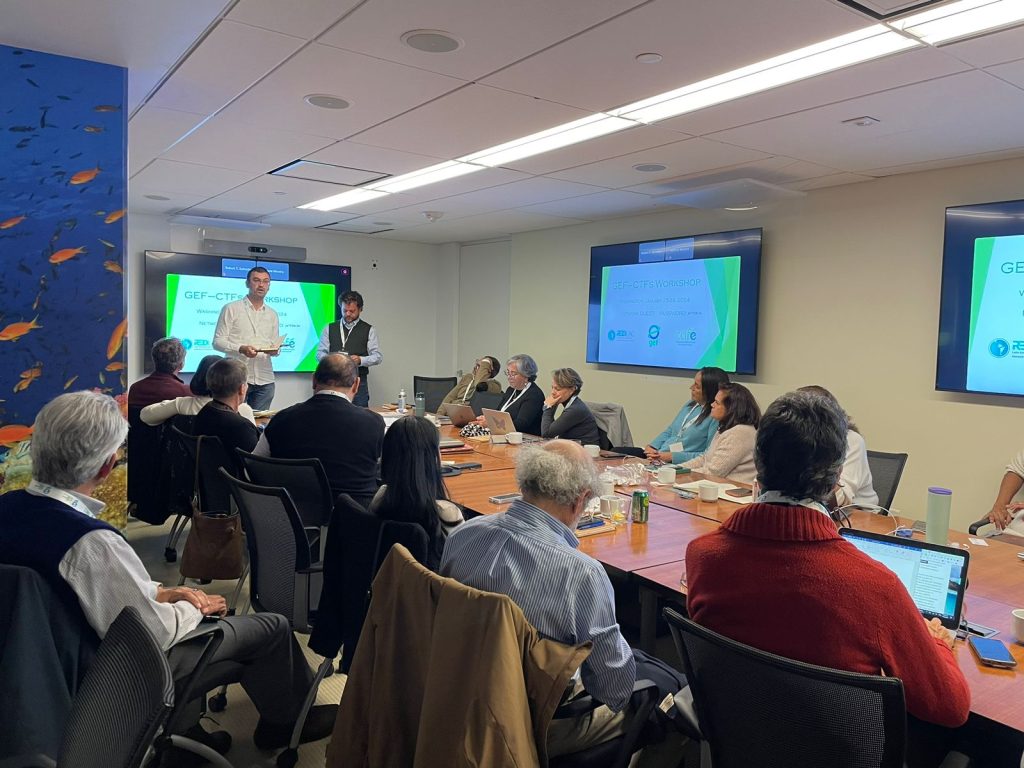
Improve the quality of life of 20,400 inhabitants in an area of 338,000 hectares.

Reduce carbon emissions by 1.3 mt carbon equivalent by 2023.
Project Scope
An ecosystem of more than
characterized by large expanses of swamps, lakes and floodplains that are partially flooded each year. It is the largest Ramsar area in the country.
Since 2017, Profonanpe, with funding from the Green Climate Fund and Koica, has been implementing the project “Building Resilience in the Wetlands of Datem del Marañón Province, Peru”.
Abanico del Pastaza represents
This site contains 40% of the carbon stocks retained in the Peruvian territory.
Having as allies 120 native communities of 7 indigenous peoples


Strengthening the government’s institutional capacity

Strengthening of the capacities of indigenous and riverine communities

Building resilience through sustainable bio-businesses

Science, technology and knowledge management
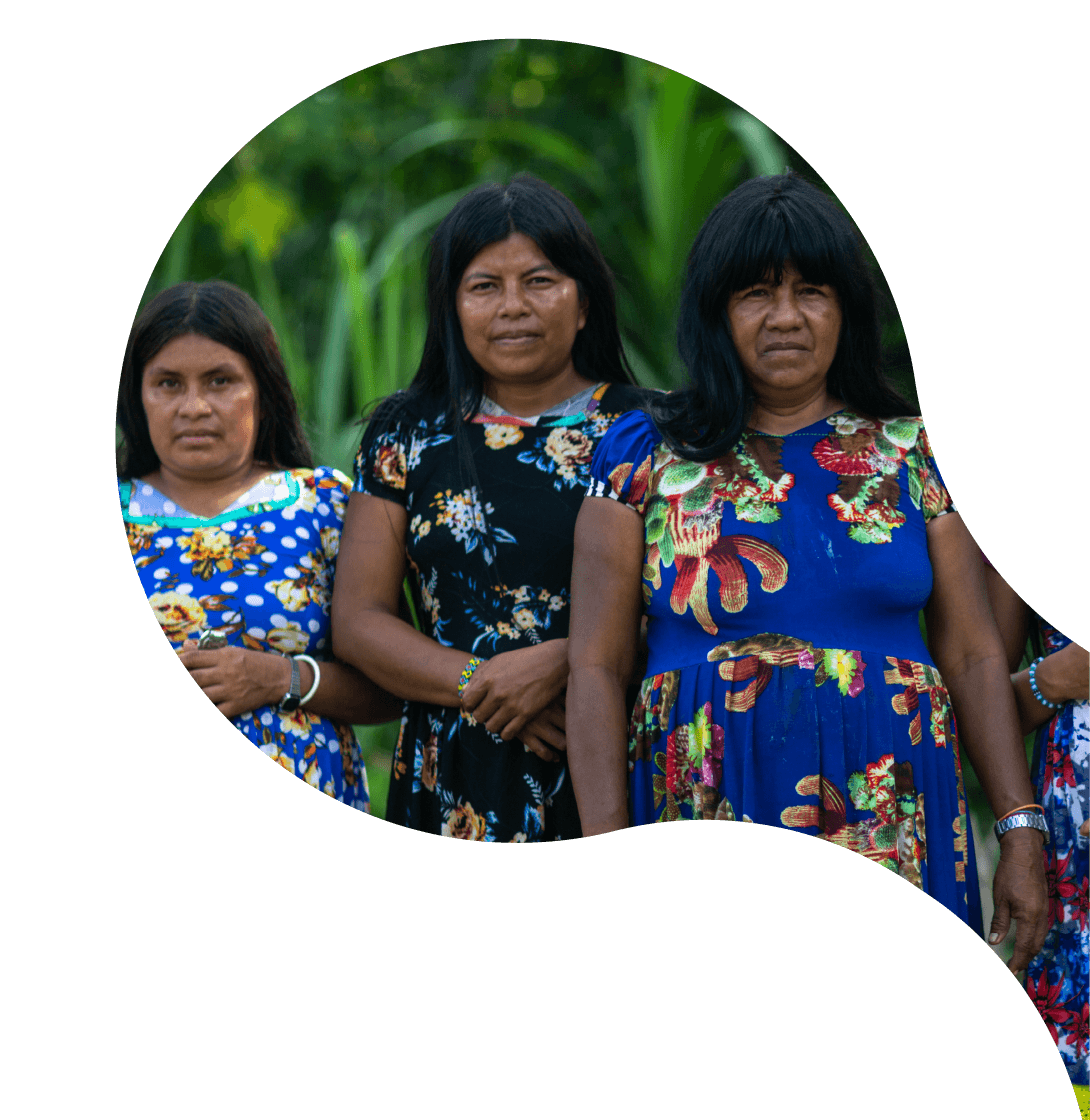
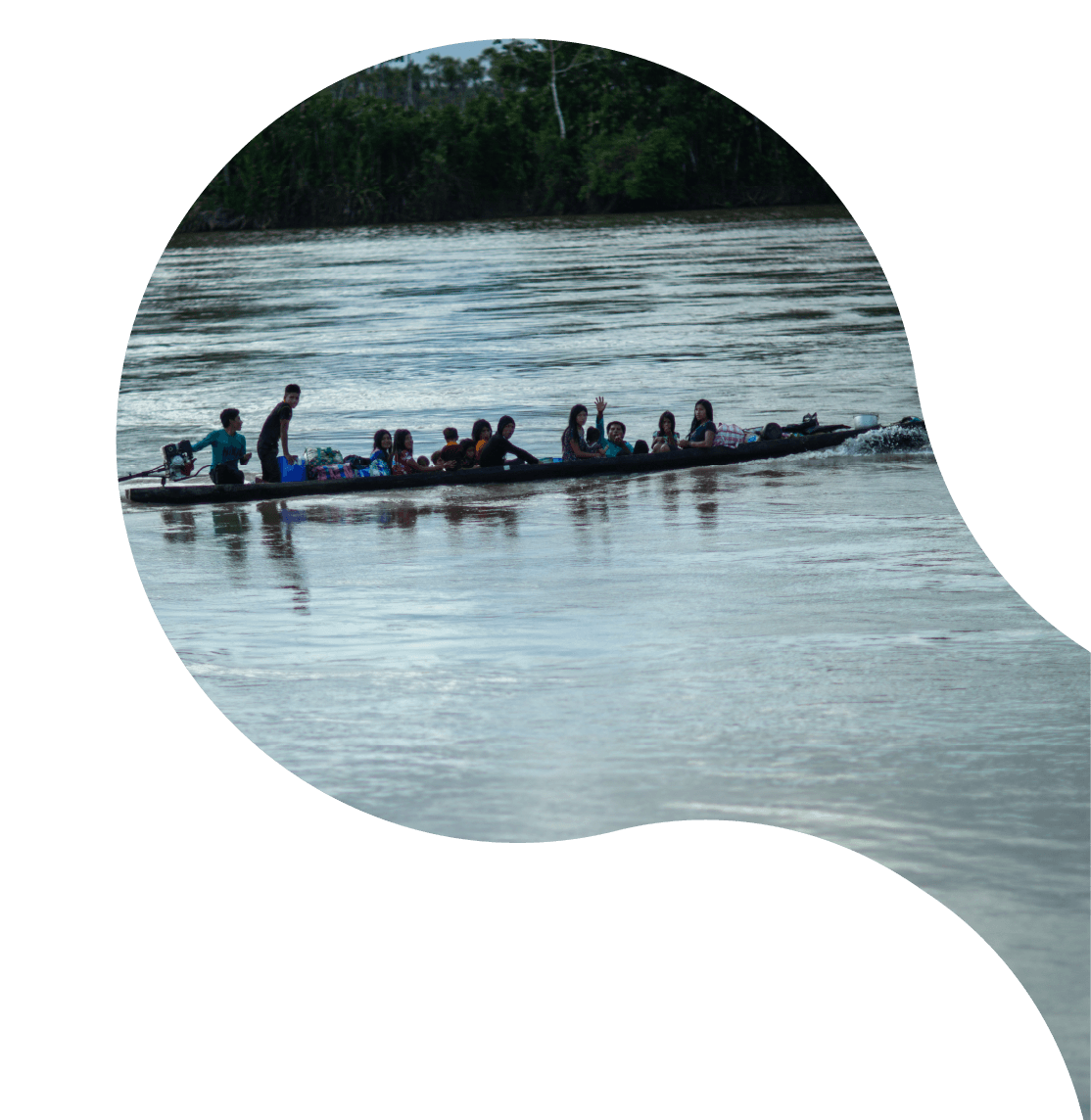
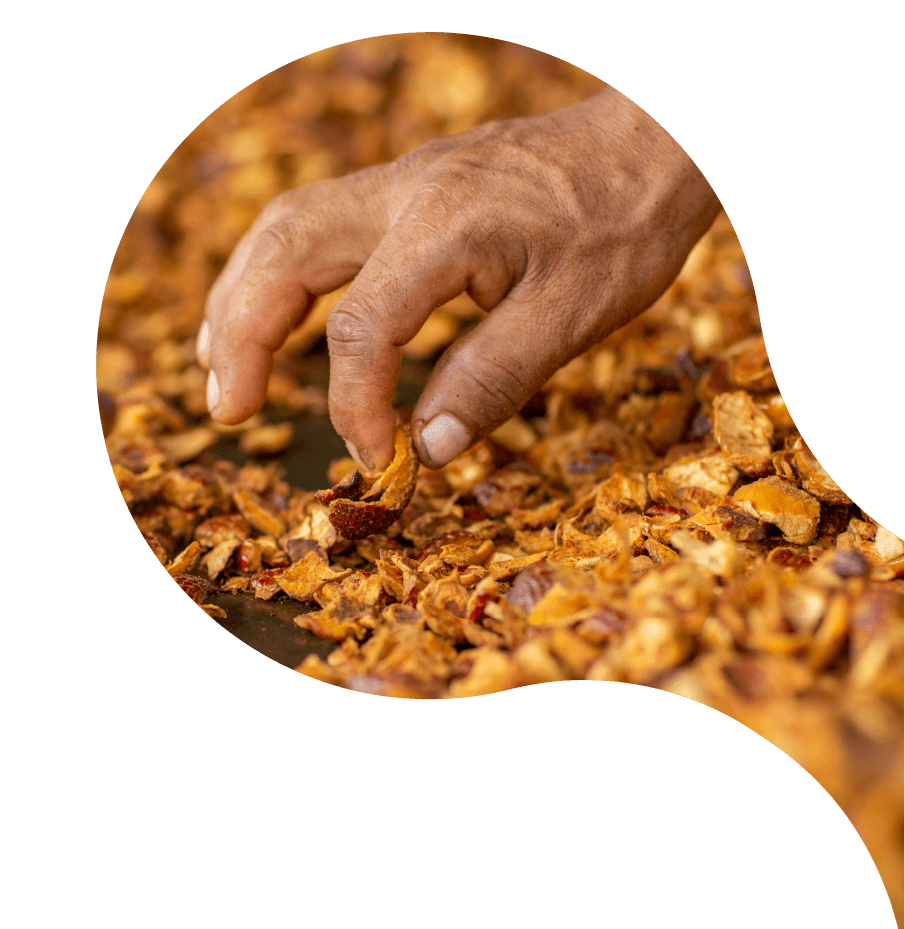
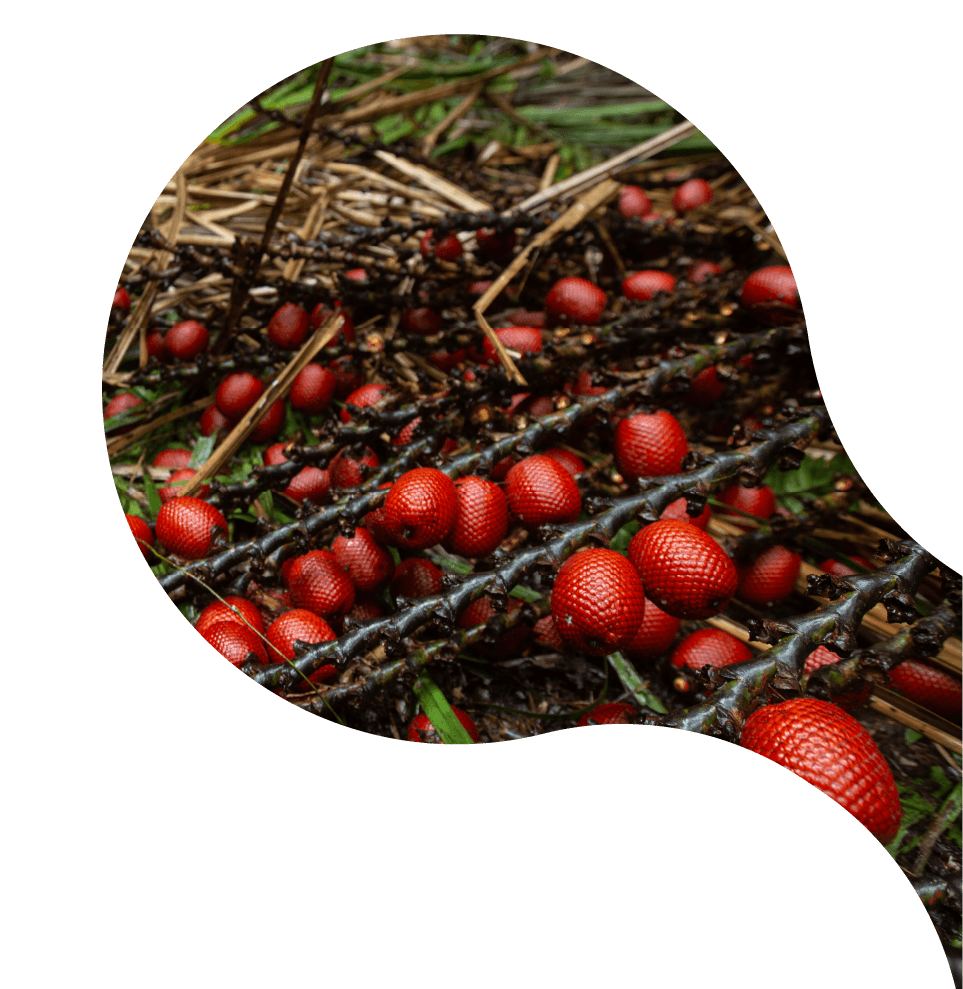
The concept of bio-business in the Datem Wetlands Project.


Natural resources
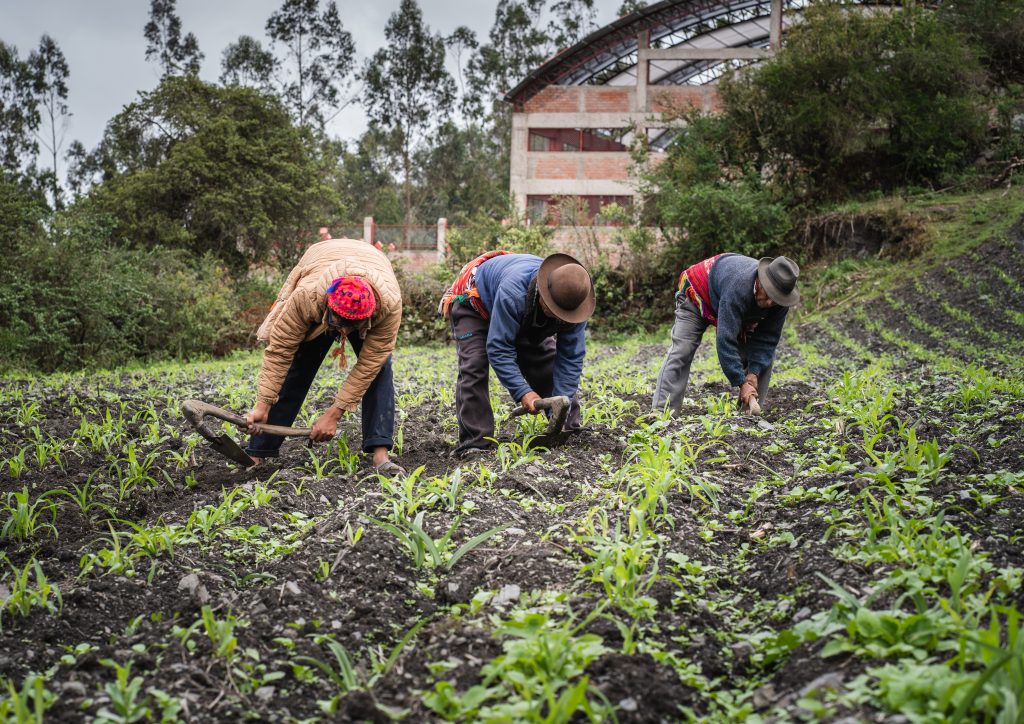
Traditional knowledge
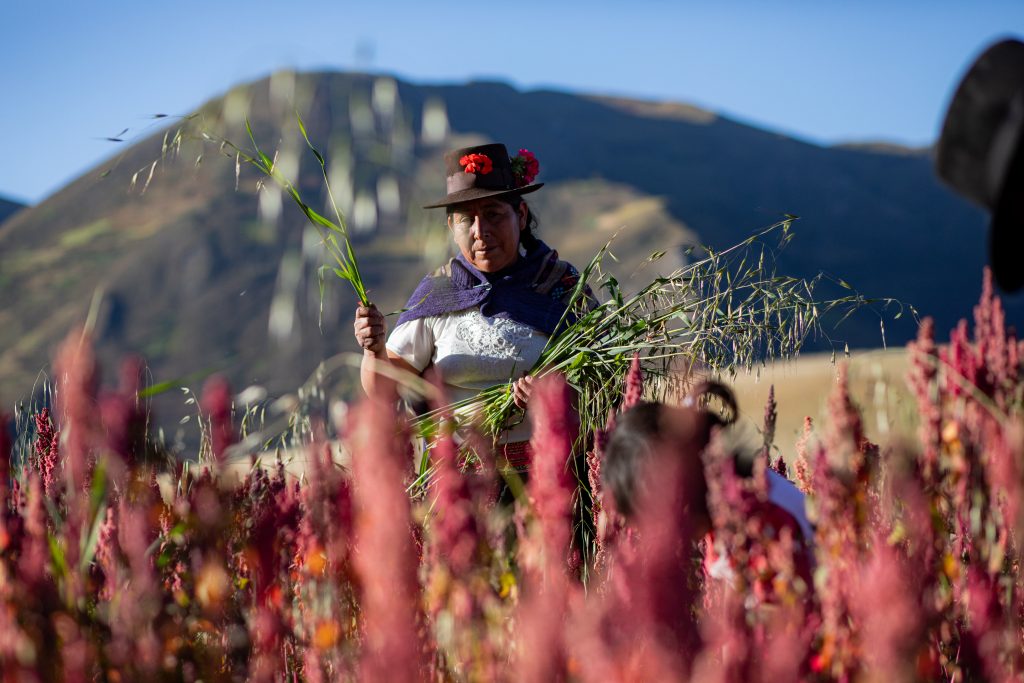
Technology
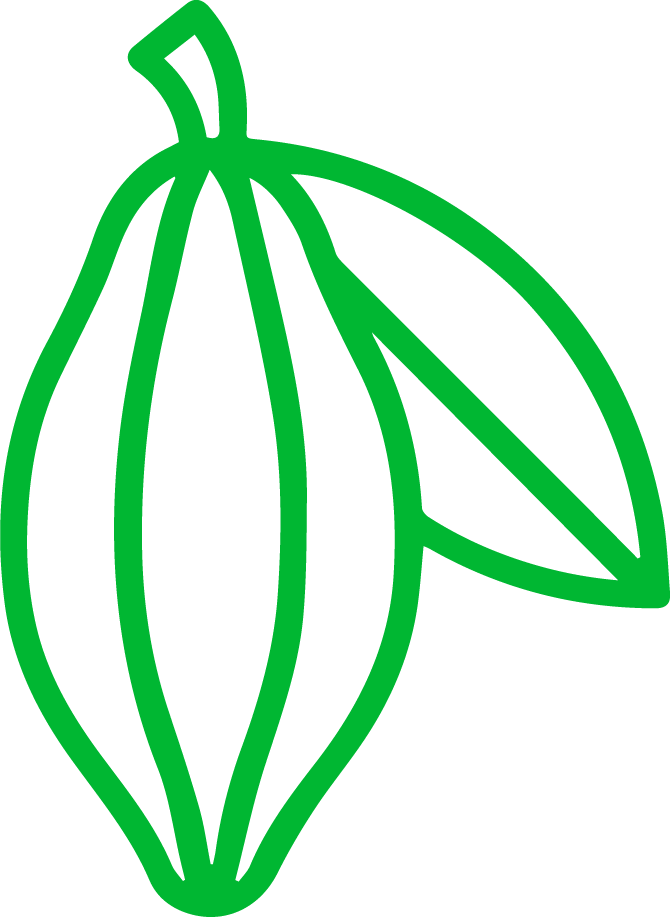
Sustainable products


The protagonists of this resilience story

Segundo is an aguaje palm climber who lives in the native community of Puerto Díaz in Datem del Marañón. He is in charge of collecting the aguaje fruit so that they can later be sold to other associations.
Meet Segundo
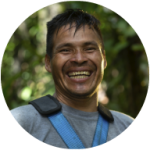

Both belong to the Kandozi ethnic group and live in the Musa Karusha native community. They are part of the Katinbaschi Association, which is in charge of marketing fresh artisanal fish.
Meet
Gunter and Guillermo
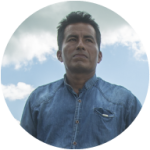

He is part of the Awajún ethnic group of the native Chapis community, who have formed APUAPISEM, an association to implement a bio-business that sustainably extracts oil from the aguaje fruit.
Meet Ronel
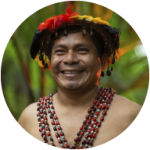

Balbina is part of the Kandozi ethnic group and is president of the Charapi Women Producers’ Association, which raises and sells taricayas (yellow-spotted Amazon river turtle).
Meet Balbina
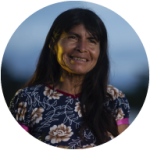

Between 2017 and 2024, 418,722 thousand ha were intervened and 526,812 tCO2-e emissions were avoided.

As of 2024, 15,420 people in the province have benefited, belonging to 116 indigenous communities and annexes.
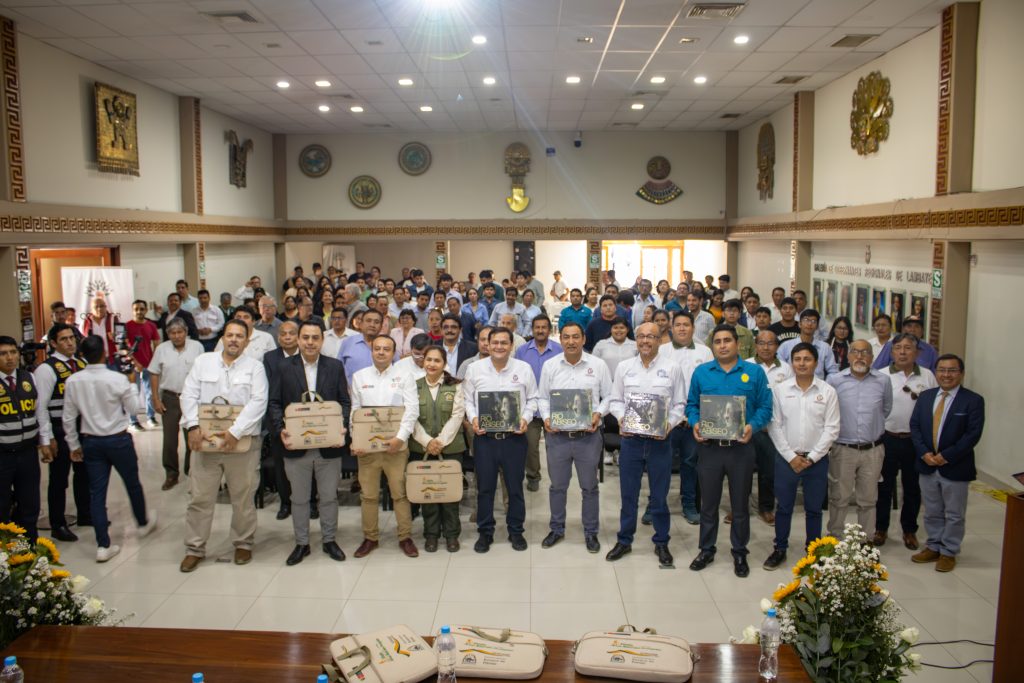
The aguaje was declared an emblematic forest resource of public need and regional interest.

We have collaborated with the National Registry of Identification and Civil Status (RENIEC) for the delivery of ID cards to more than 3,700 people.
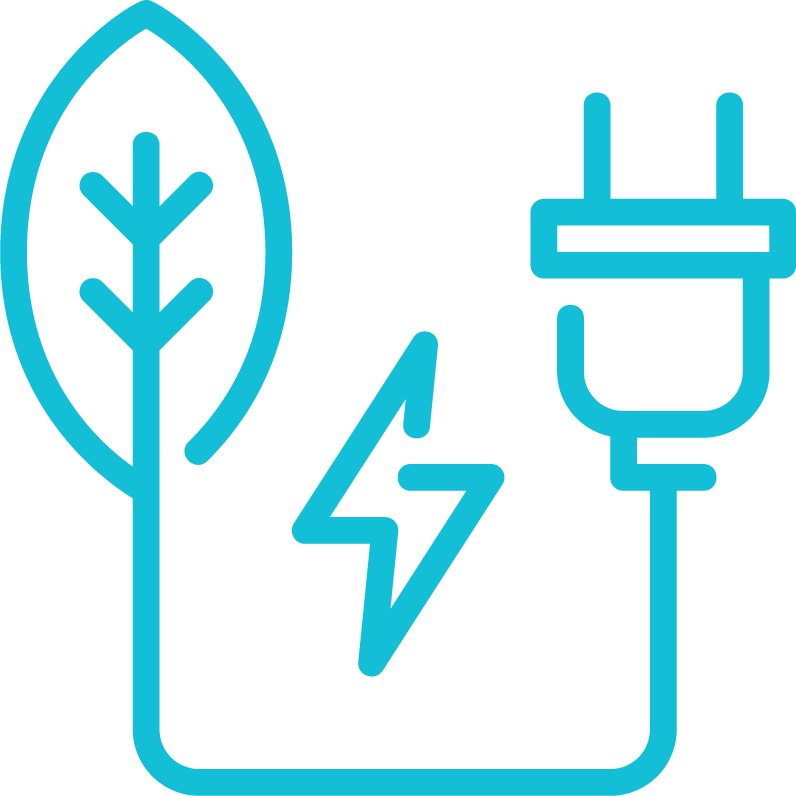
We implemented 6 ice plants and 2 processing plants with photovoltaic energy in the communities of Chapis, Musa Karusha, San Fernando, Sinchi Roca, Puerto Industrial and Ugarte
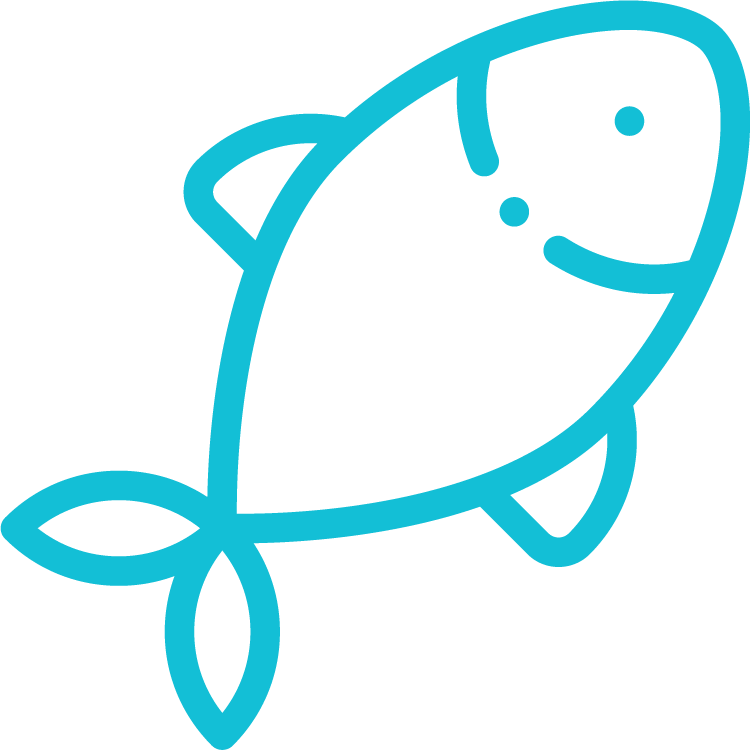
52 Use and Care Declarations (DEMA) and 3 Fishery Use and Care Management Programs (PROMAPE) for resource exploitation, covering an area of 399 thousand hectares.

We contributed to the empowerment of more than 1,400 people (20% women).

The Province’s Local Climate Change Plan was prepared and approved, within the framework of the Nationally Determined Contributions (NDC). It was the first to be approved at the level of the 1,845 districts nationwide.

We have contributed to the formalization of more than 35 community associations and committees.
In the framework of sustainability, 07 Indigenous communities have been incorporated into the National Forest Conservation Program.

The project, together with the indigenous associations, applied for and won 8 competitive funds to improve production processes and strengthen the capacities of biobusinesses.

The approval for the establishment of the Sasipahua Environmental Conservation Area was secured, covering an area of 81,812 hectares, through Ordinance No. 016-2023-MPDM-CM.
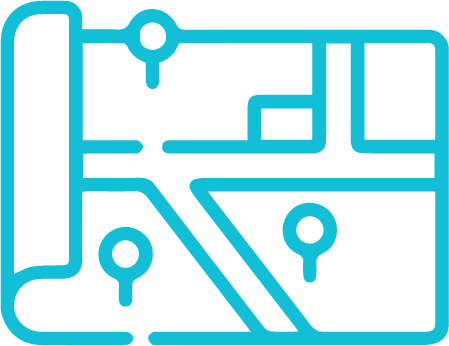
Territorial zoning dossiers were developed participatively from the worldview of the Shawi, Chapra, Kiwcha, and Kandozi indigenous communities, approved through Provincial Ordinance No. 021-2023-MPDM.
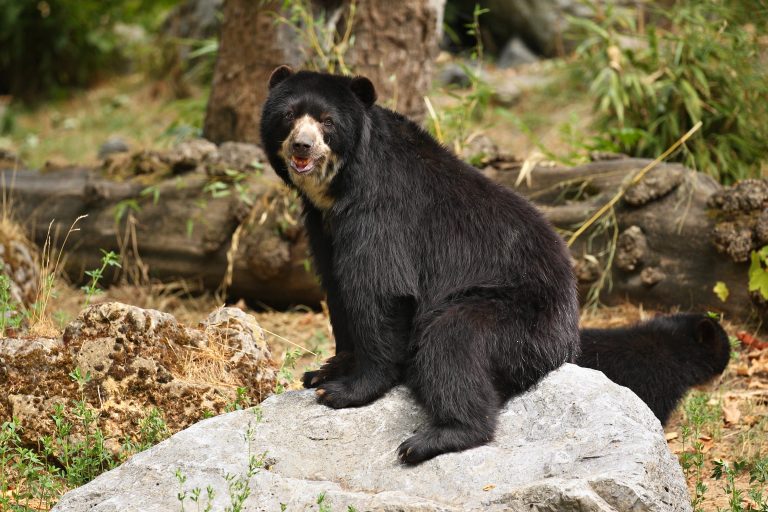
By 2022, the province’s carbon stock amounted to 6,948 million tCO2eq, of which the carbon content stored in vegetation was estimated at 1,697 million tCO2eq, while the soil carbon stock contributed 5,251 million tCO2eq.
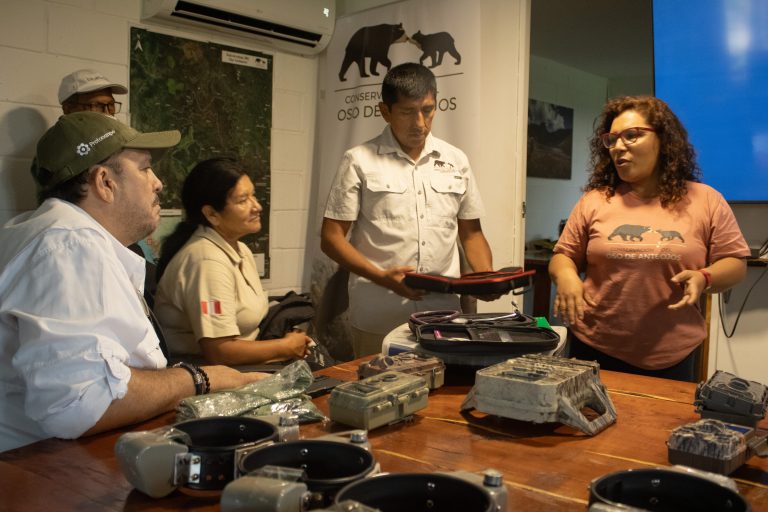
Through Vice Ministerial Resolution 000045-2023-VMPCIC/MC, the knowledge, practice and orality of the Kandozi people related to traditional fishing in Lake Musa Karusha in the province of Datem del Marañón was recognized as cultural heritage of the nation.
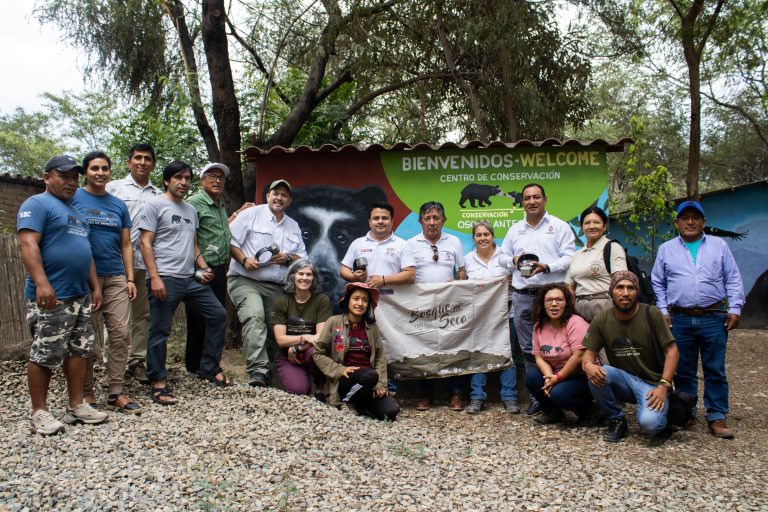
The implementation of the Social and Environmental Safeguards has been complied with, within the framework of the policies of Profonanpe and its donors.


12 anchor biobusinesses and 51 biobusiness units, in the corridors of Saramiriza, Kandozi, Bajo Marañón Pastaza and Achuar.
These are managed by associations of indigenous producers who market aguaje oil, copaiba, ungurahui, sangre de grado, artisanal chocolates, taricayas, fresh Amazonian fish, among others.
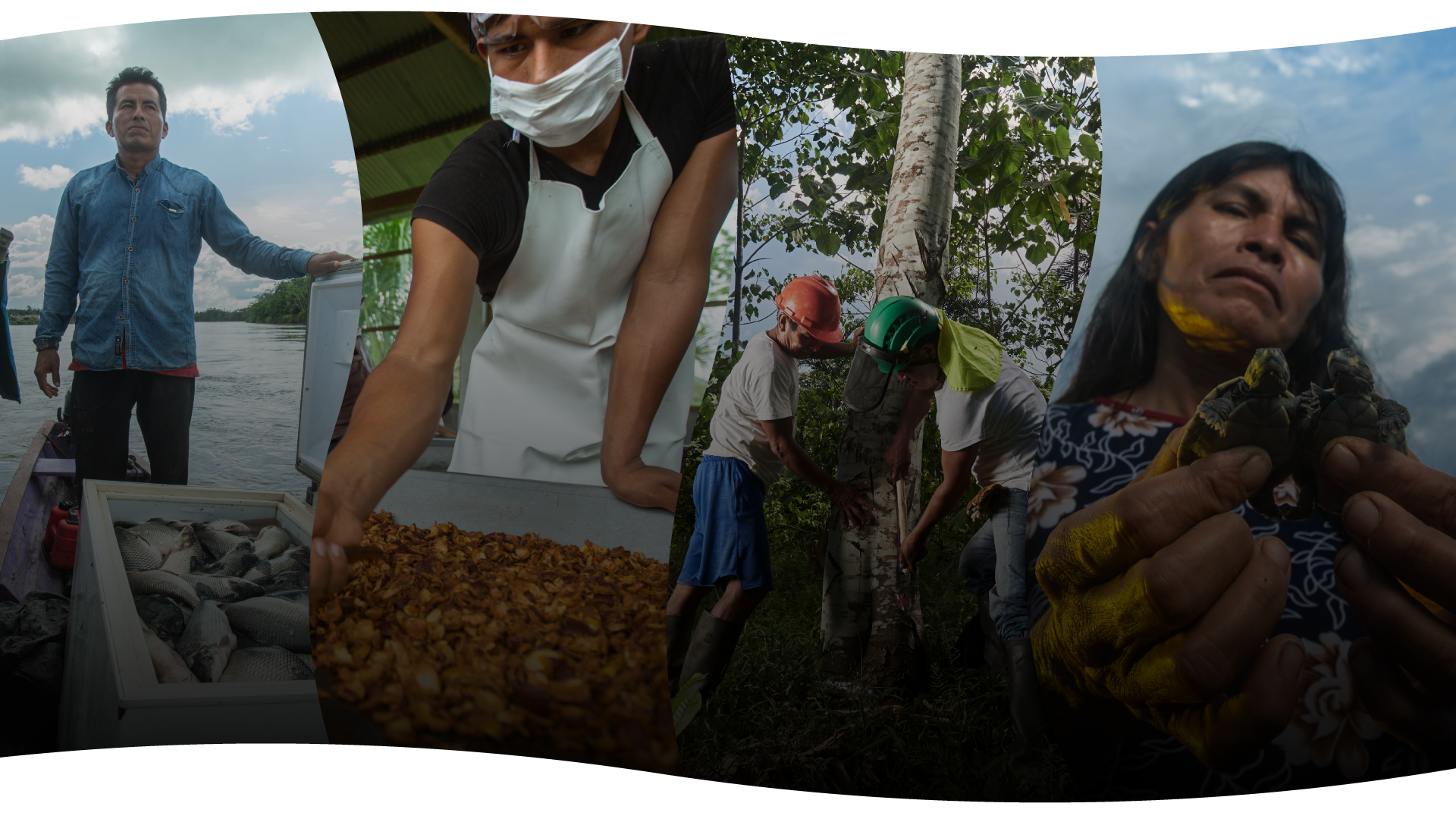
The Kachizpani and Katinbaschi associations marketed 174,000 kilos of Amazonian fish.
The APUAPISEM association sold 385 kilos of aguaje oil.
The SHAKAIM cooperative sold 1,200 liters of sangre de grado.
The CHARAPI association marketed 25,000 taricayas. This biobusiness is made up of 20 members and is the only one led by women.
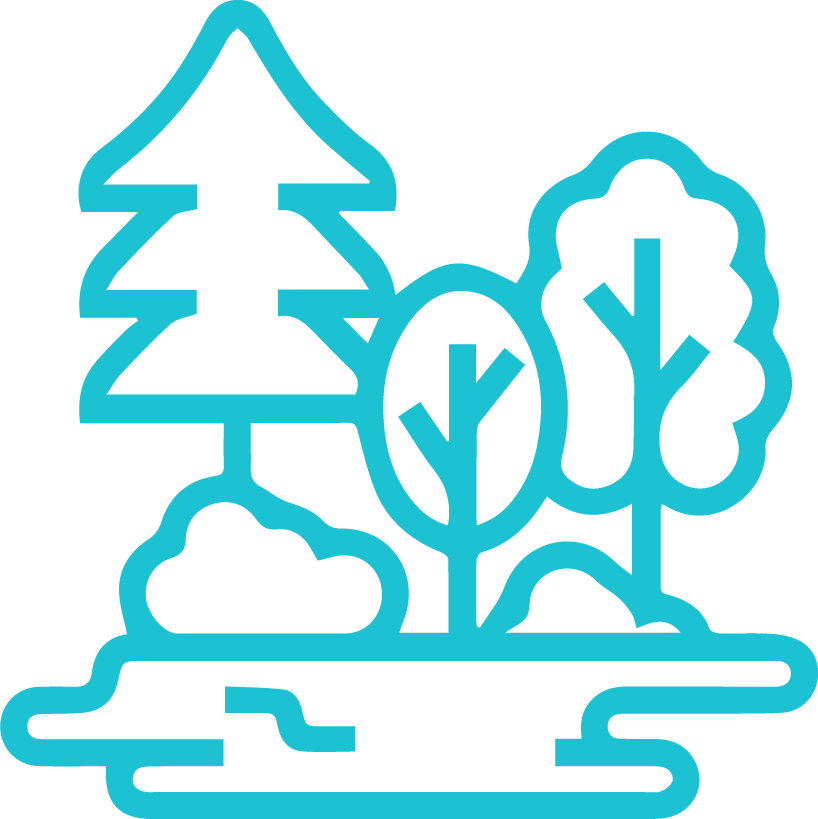
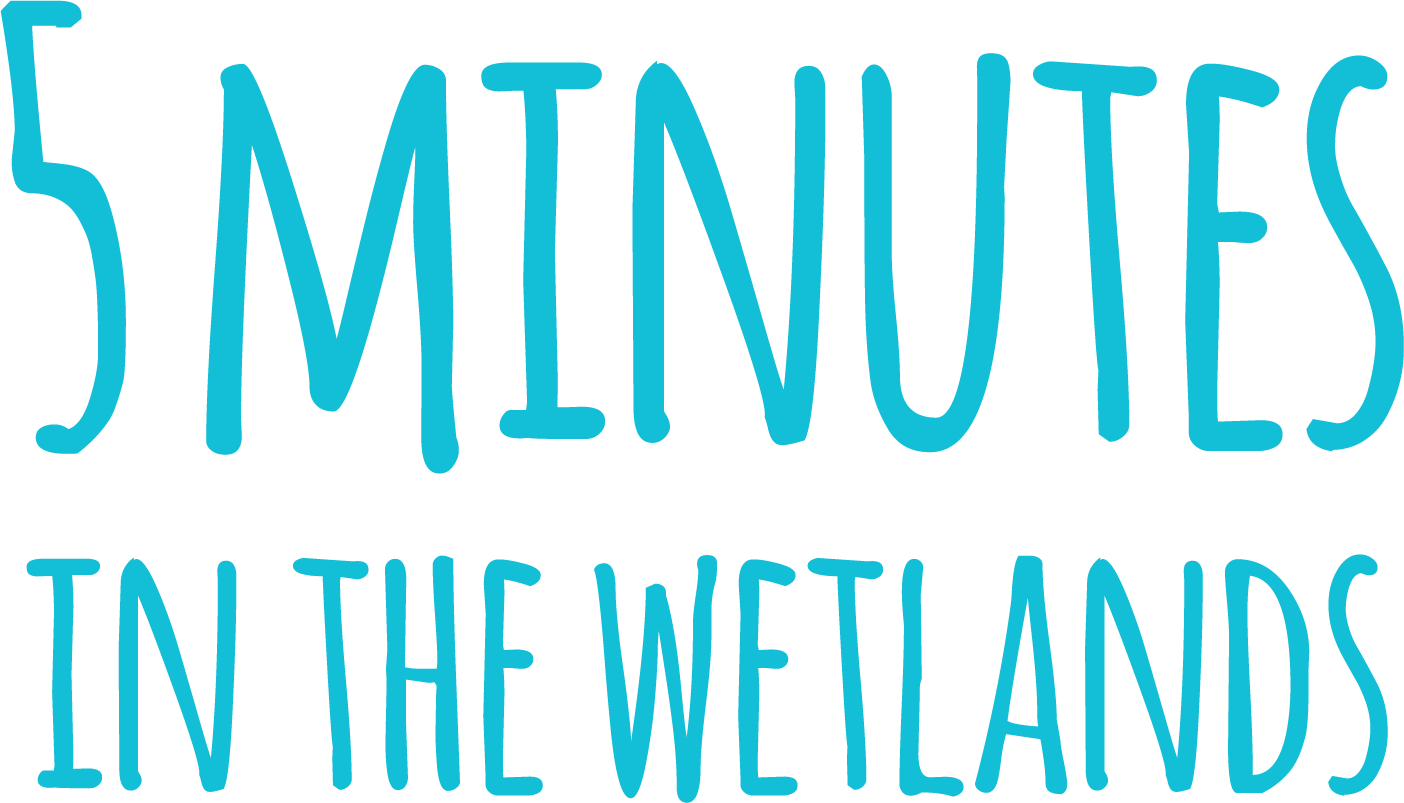

40 marketing agreements signed with different companies such as

Promoted by
Implemented by
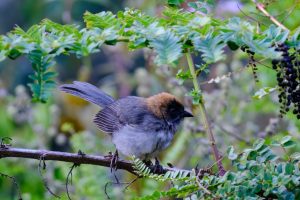






© Copyright 2020 Profonanpe. Todos los derechos reservados.
Hecho conpor Manya.pe